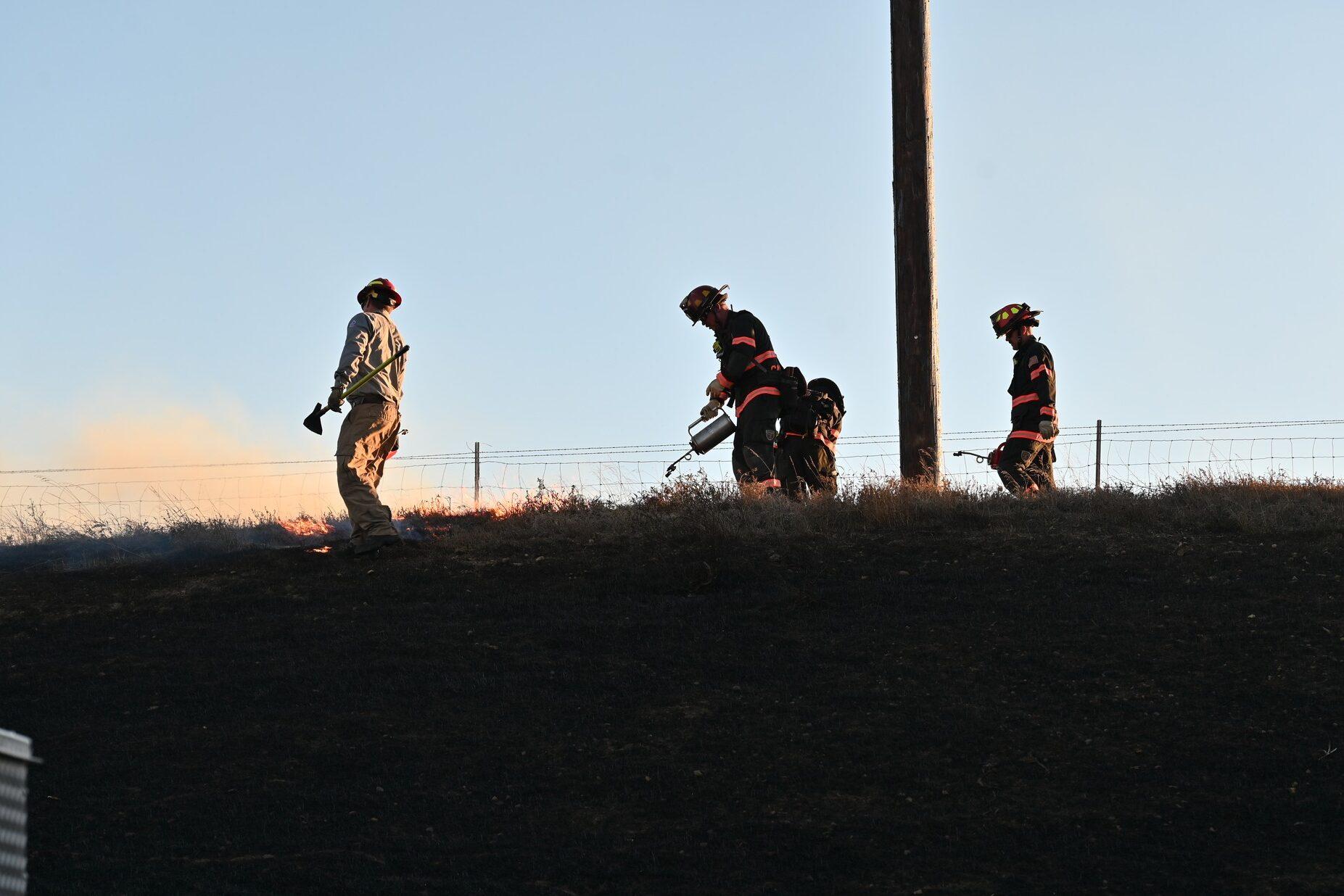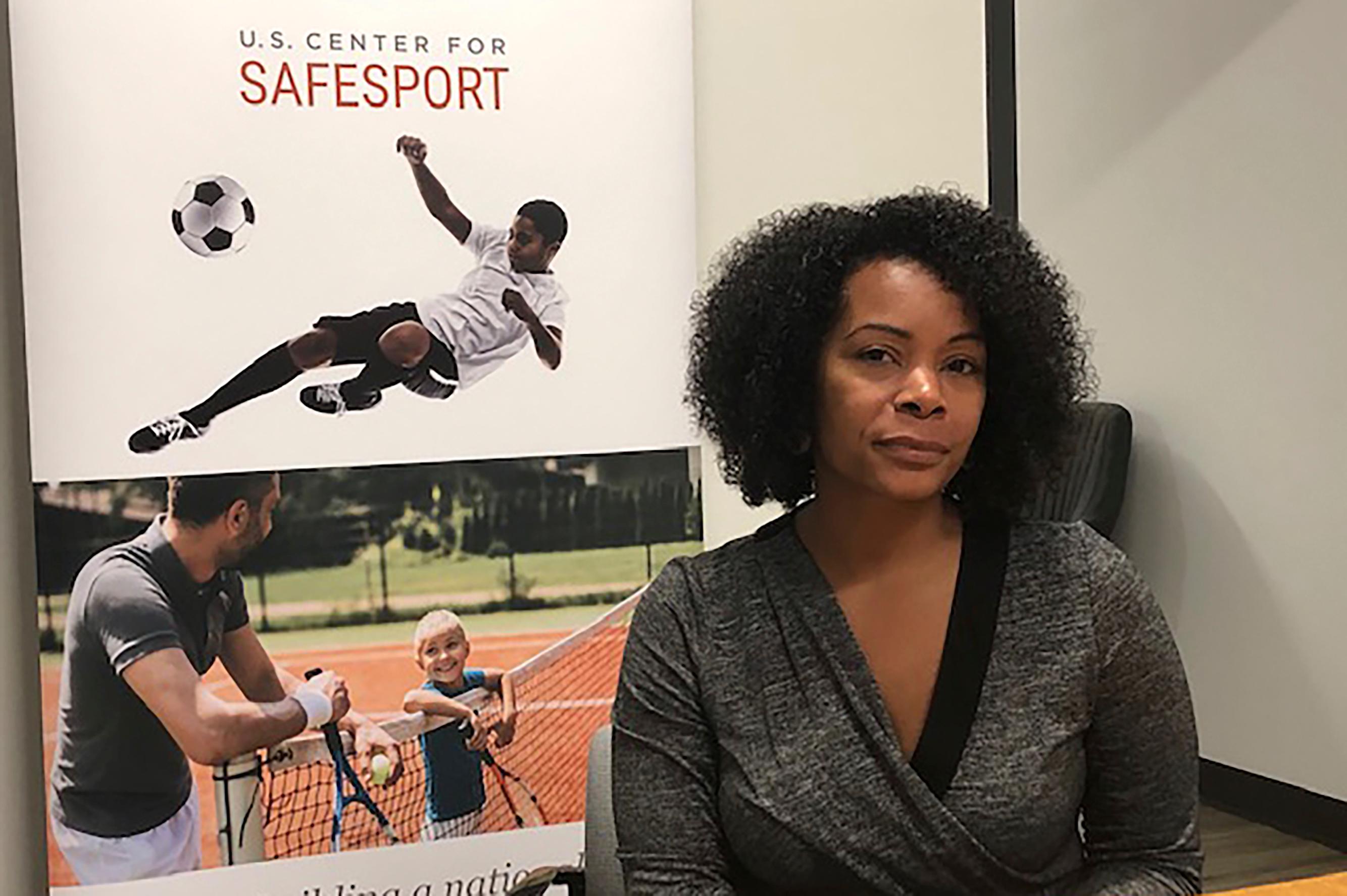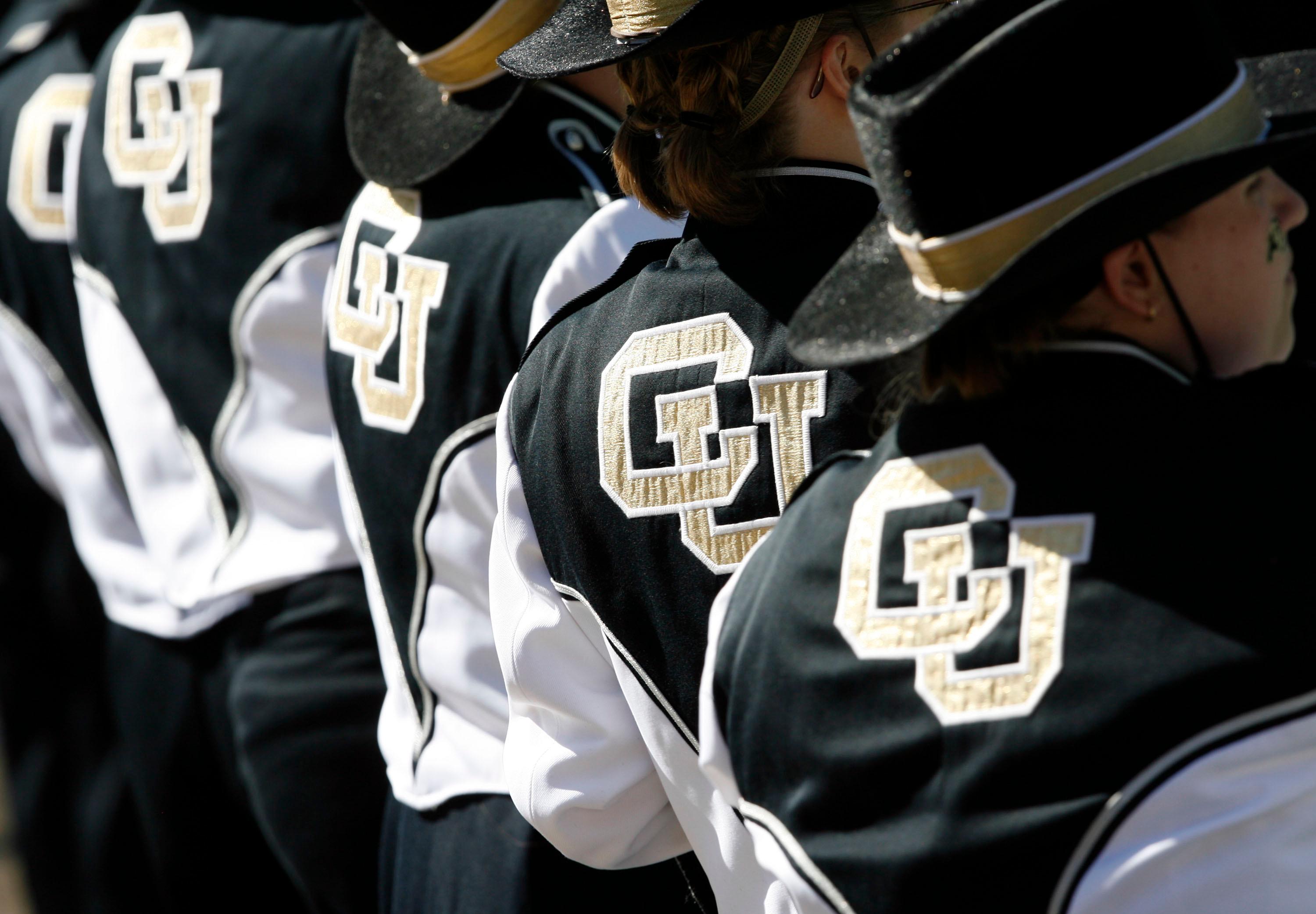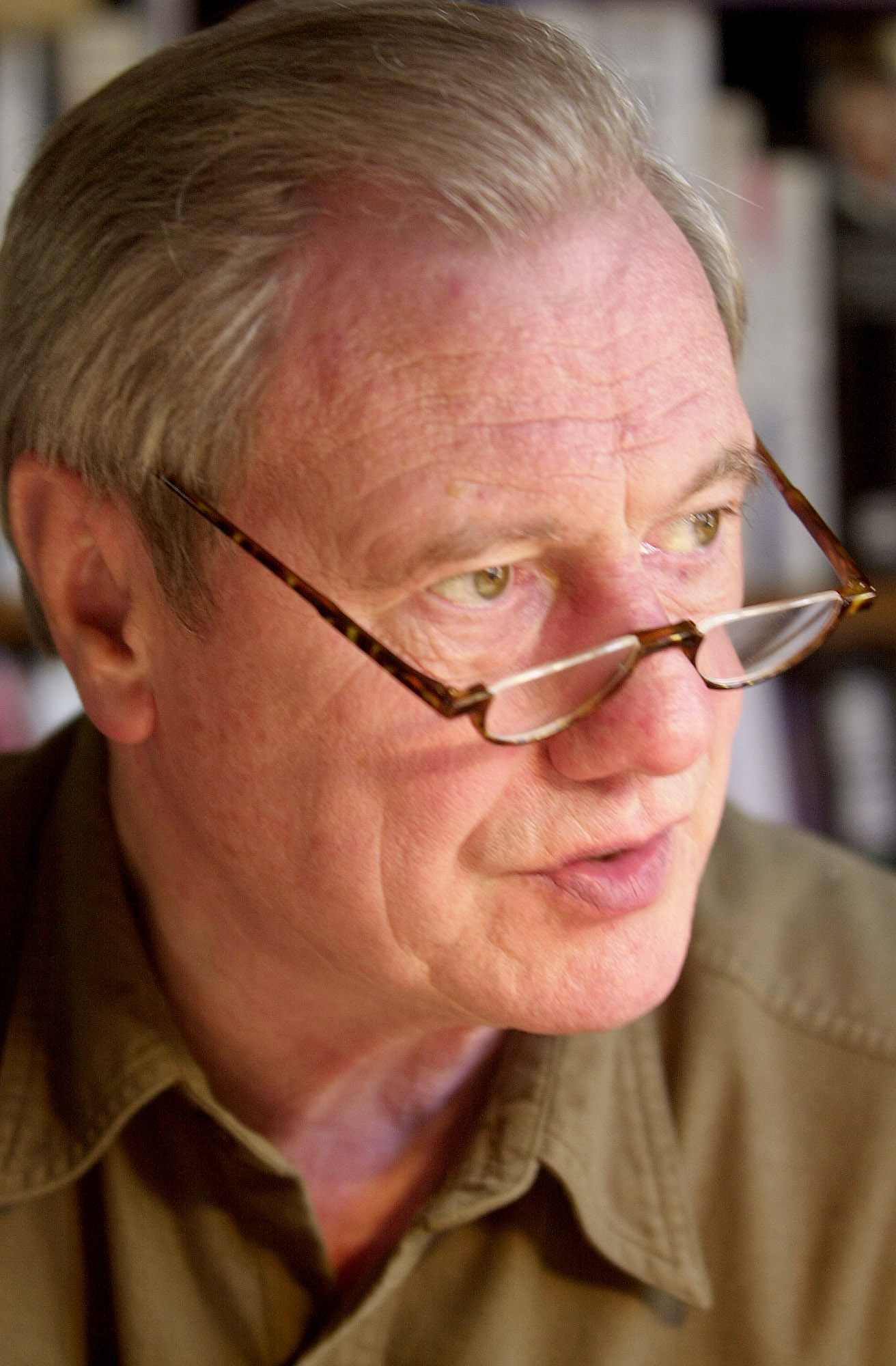
Thomas Sutherland, a former agricultural professor at Colorado State University who was held hostage in Lebanon for over six years, died Saturday at age 85.
In 1985, Sutherland was kidnapped by Islamic Jihad members in Beirut and kept prisoner as a “bargaining chip” until 1991.
Colorado Matters spoke with Sutherland in 2010 about his experience as a hostage. Below are few highlights from the conversation.
On how he was captured:
“They sideswiped us twice, and then they cut us off and stopped our car, and everyone of them had a submachine gun. And they started shooting all over the place, up in the air and in the road, bullets flying everyplace. And then all of the sudden the little guy from the front seat came around to my side, pulled open the door of our car and said, 'Get out of the car.' And I didn't argue with him, he had a red hot machine gun still in his hand."
On the conditions of the places he was held:
"One or two of the places were kind of like prison cells, but most of them were in basement rooms or otherwise they were up in the top floor of an apartment building. They put curtains or closed off the windows so that we couldn't see out and nobody could see in to see us. But they weren't exactly cells but they might as well have been prison cells; I didn't see the sun for six and a half years."
On how he passed the time:
"They gave us books to read, a whole slug of books. One of the one guards came in shortly after we were there and said 'You want book?' And I said, 'Oh sure I'd love a book.' … from the beginning to the end I must have read 600 books. Some of them were just trash but there were some really wonderful books involved in all of that.”
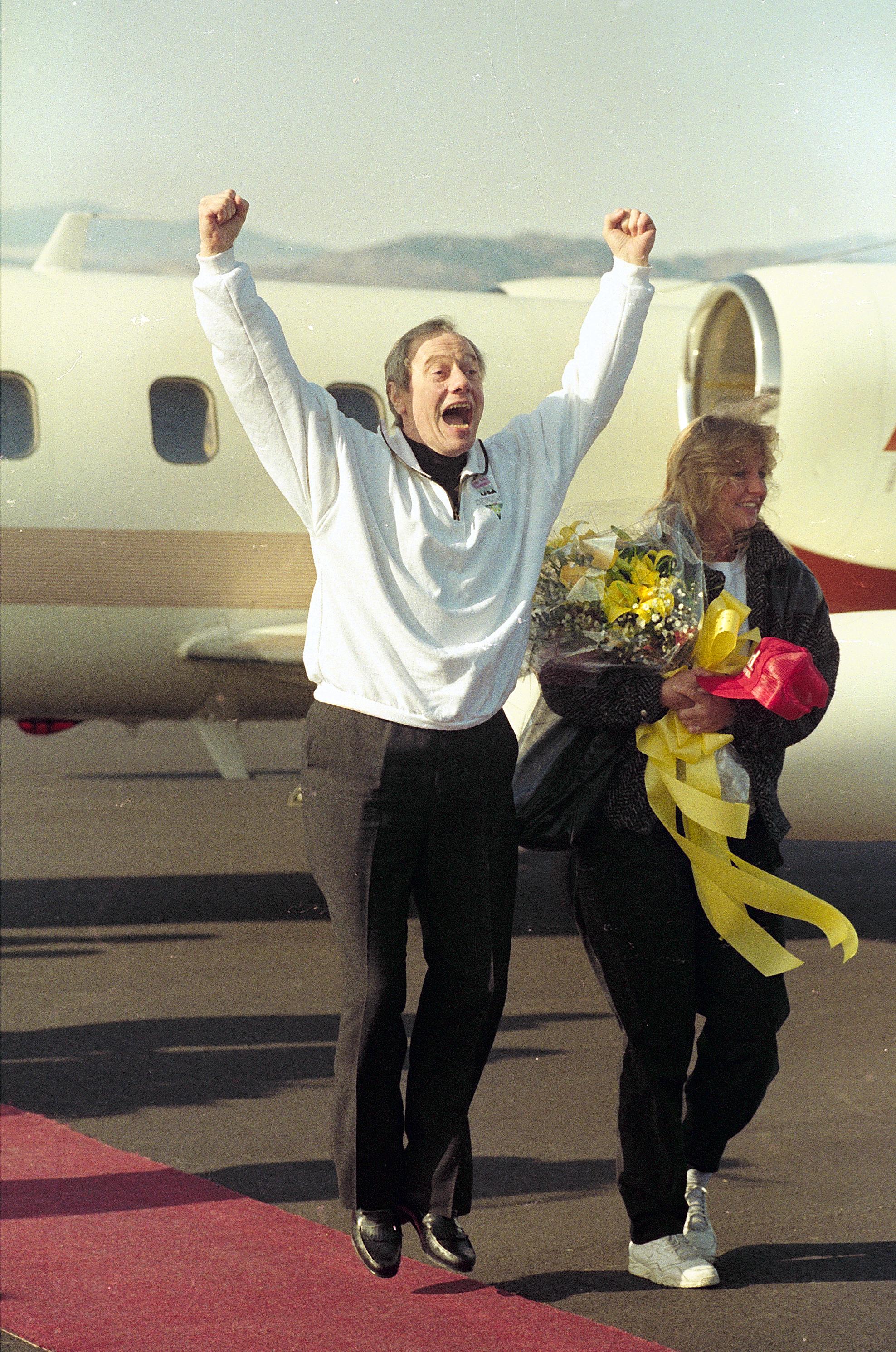
On his interactions with fellow hostage Terry Anderson:
"Terry was a most interesting guy. He said to me at one point, 'You were a college professor, right?' And I said, ‘Well yeah I was.’ And he said, 'Well teach me your classes!' And I said, 'What? Without any notes? A college prof can't teach his class without notes man.' And he said, 'Well, tell me what you can remember.' So I thought him the introductory animal science class, got through that, and then he said, 'Now, teach me your next class.’ ”
On his lowest point:
"My lowest point of all was when I tried to commit suicide. They had beaten me pretty thoroughly; I was black and blue over my whole body, and I went back into the cell there I decided, boy I'm not going to put up with this. To hell with them, I'm going to just commit suicide. So I tried to commit suicide by pulling the plastic garbage sack over my head, and after two or three minutes all the oxygen was gone and I was just gasping for breath. I just thought, I can't do this, I can't do this to my family. And so I pulled it off, I tried it a second and third time but I just couldn't pull it off."
On staying positive after his release:
"I think if you become bitter, it ruins your life. And I decided that when I got out of captivity I wasn't going to be angry and bitter. I actually felt sorry for these guards, because you know, none of them had even gone through school except more than second or third grade at the most. And I had been through school through college, through graduate school, had been a dean and had a good family and the whole business. And I just had all kinds of reasons to be happy and content."
